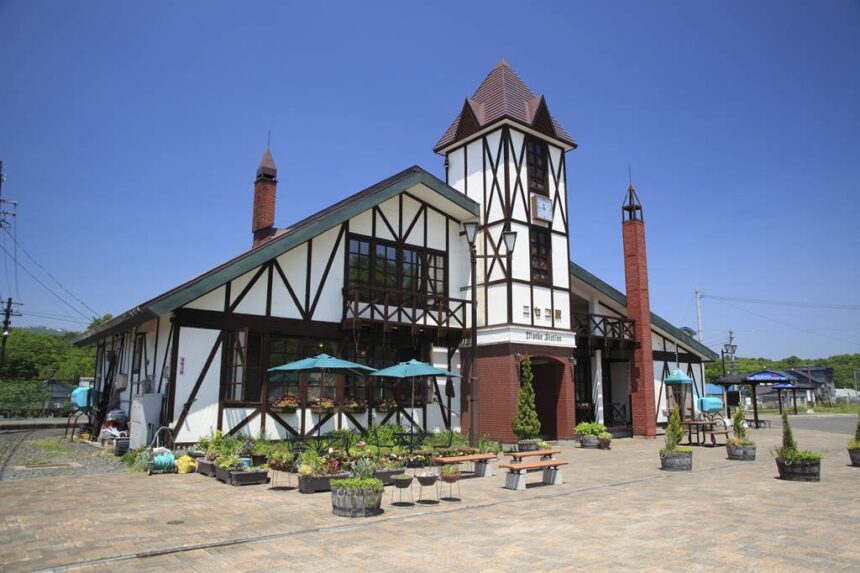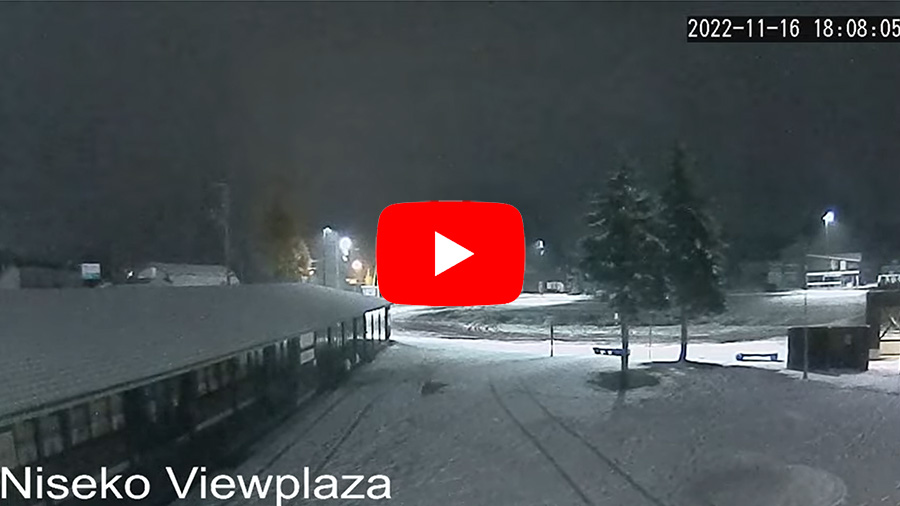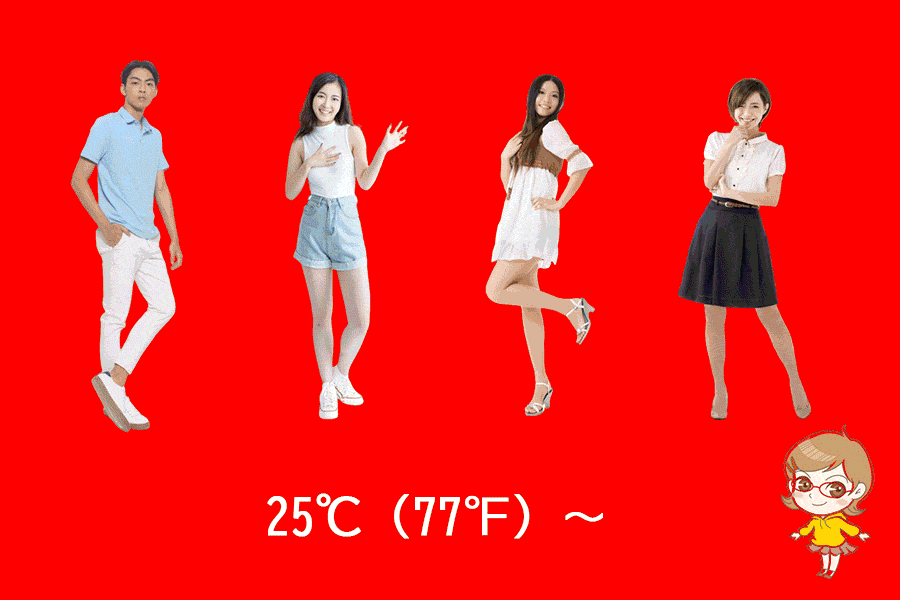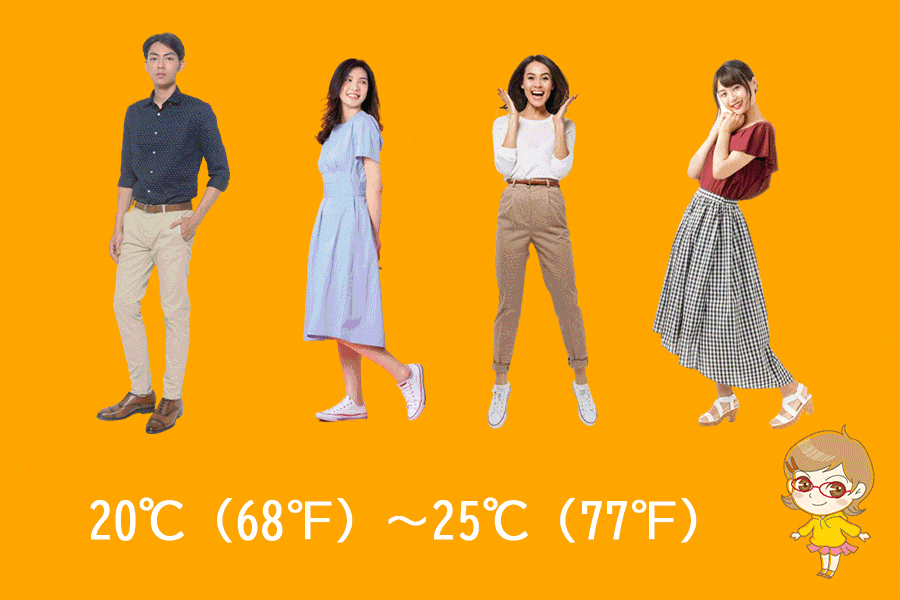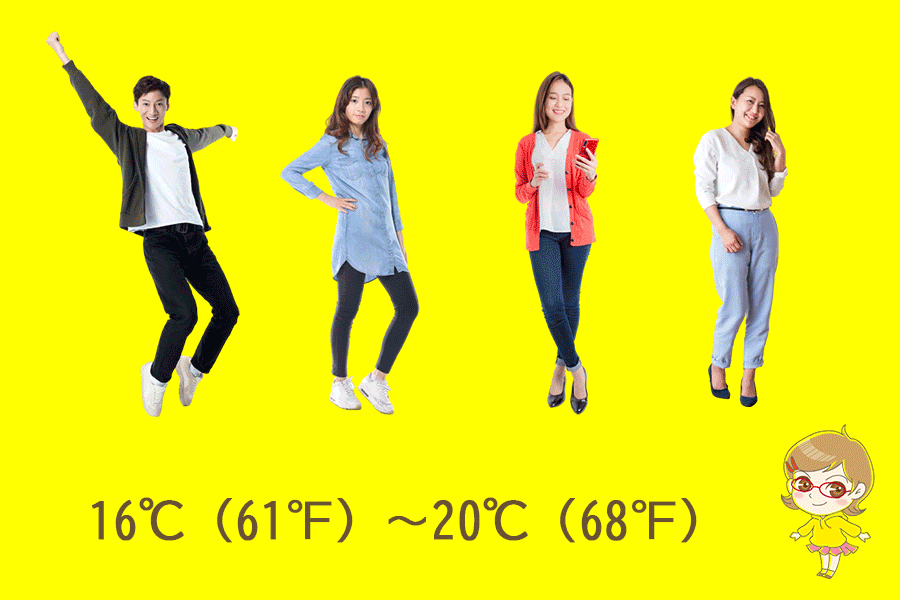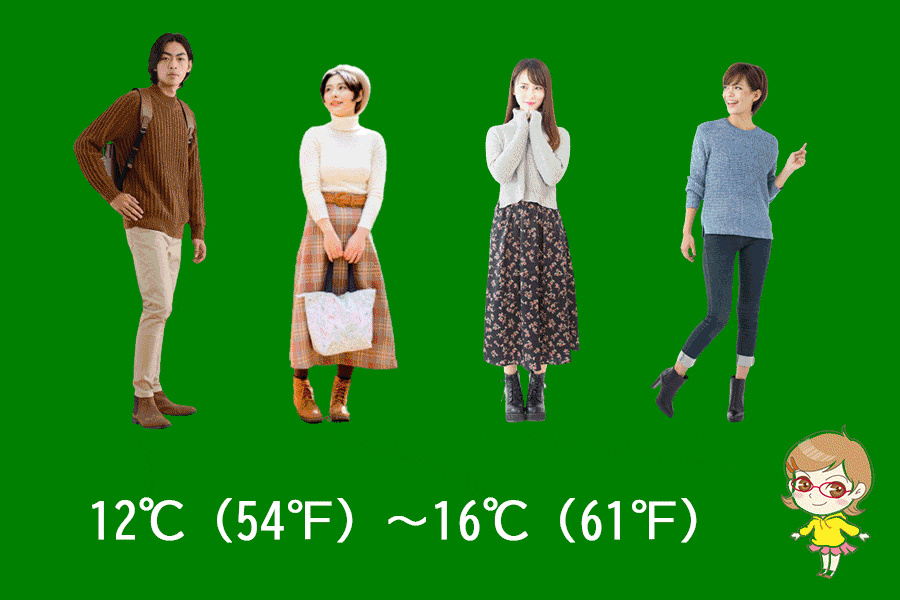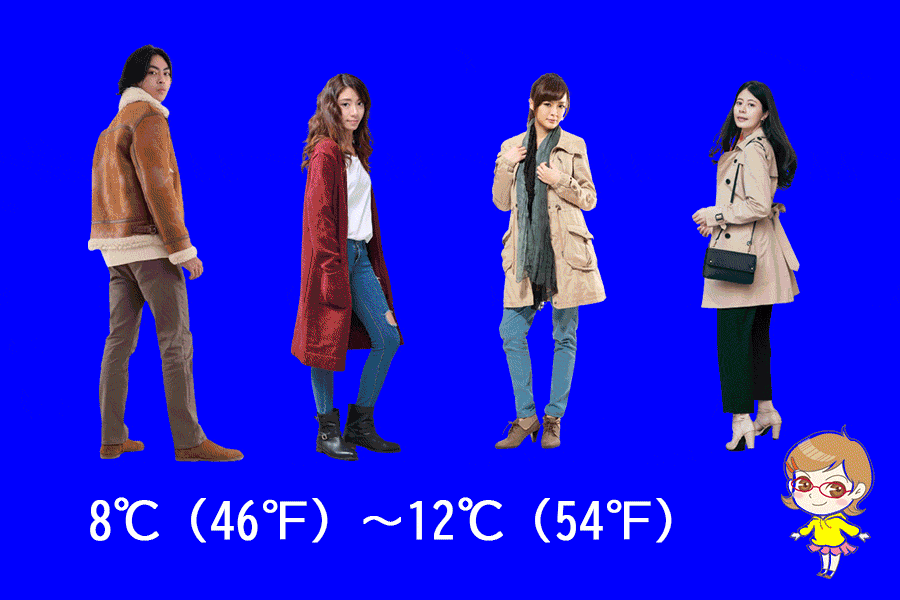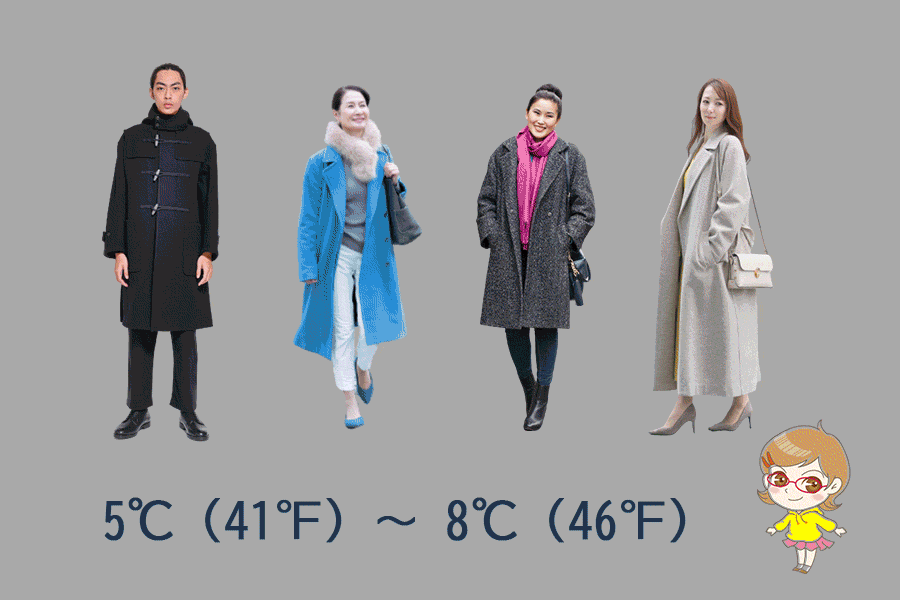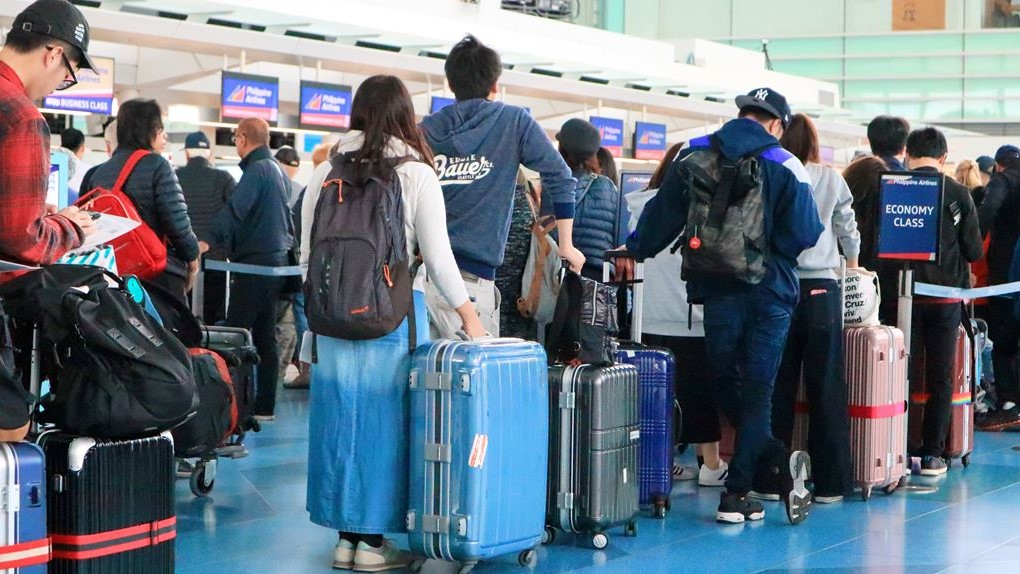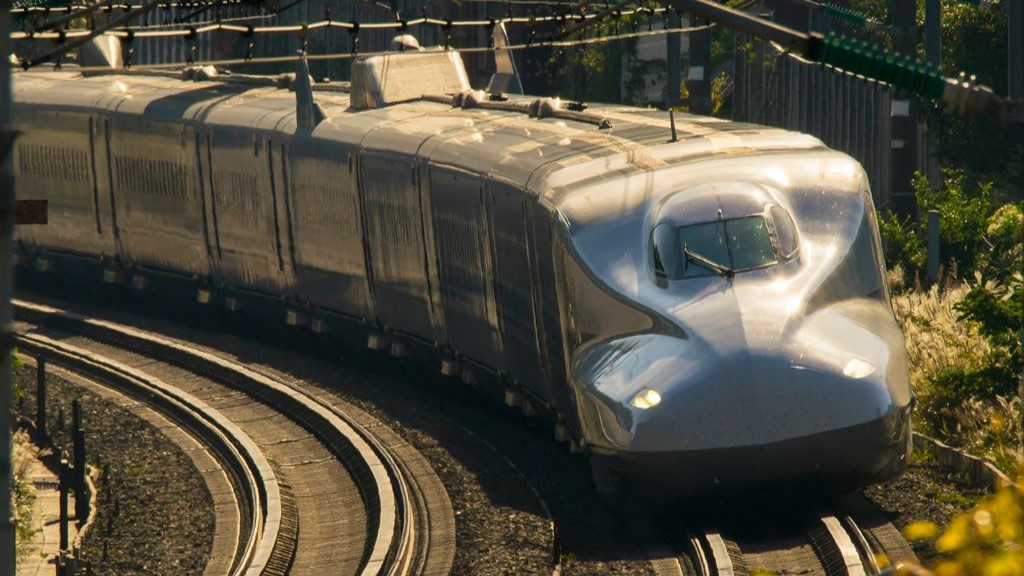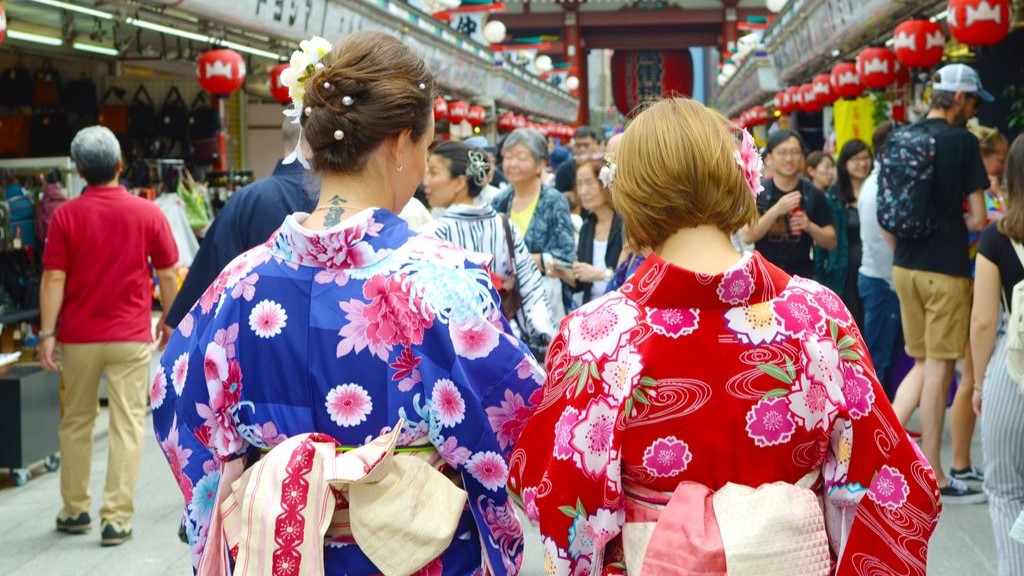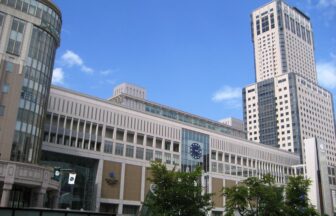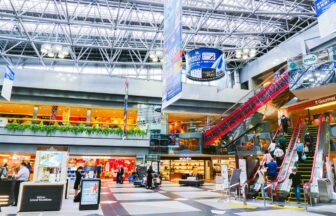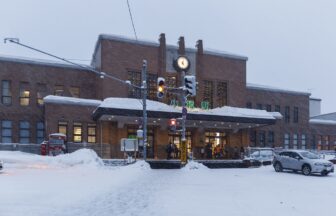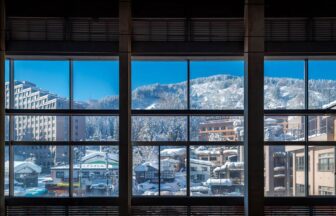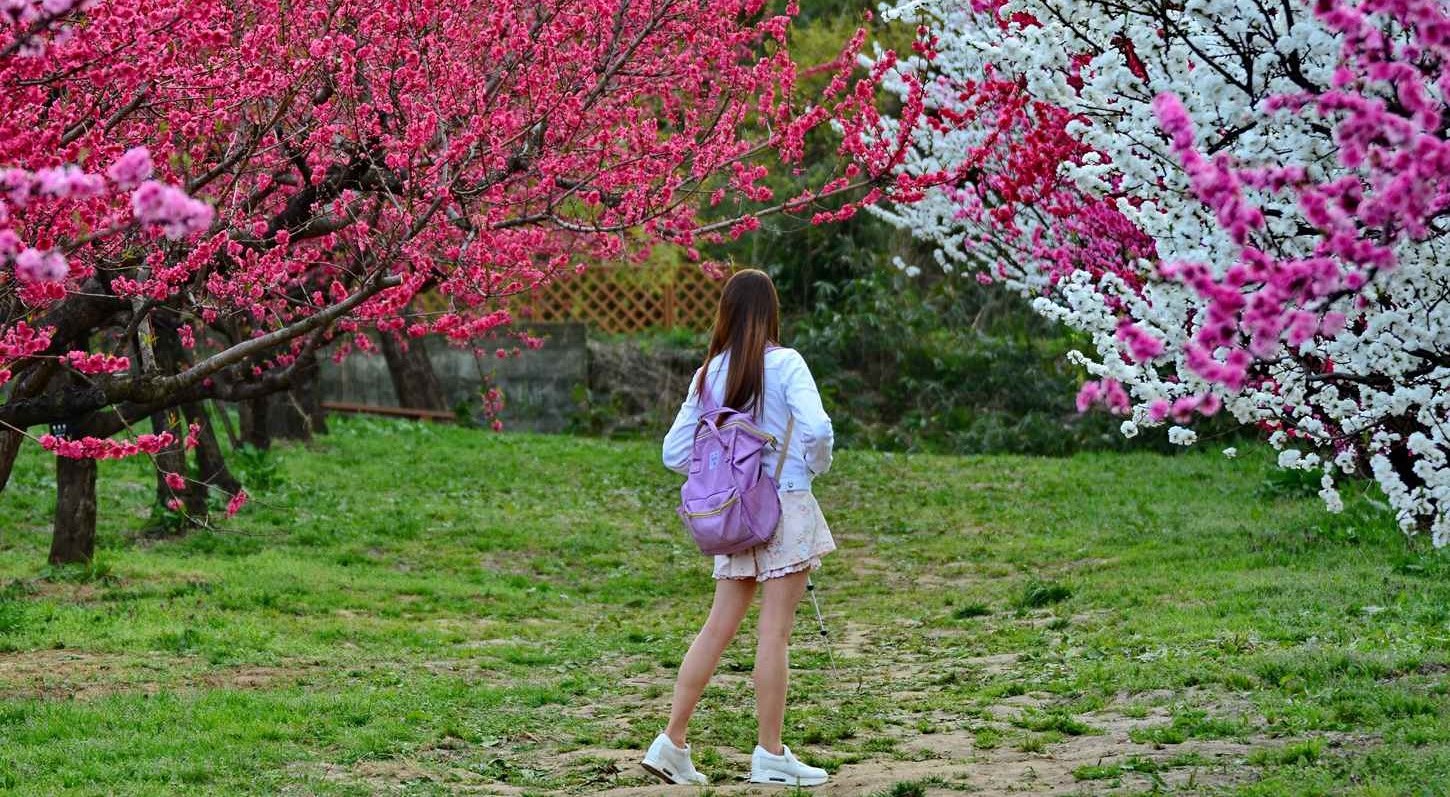Chuodori, Niseko, Abuta District, Hokkaido 048-1512 MAP
↓ Click to jump to the relevant section.
| Current Weather | Annual Weather | Tourist Attractions |
| Baggage Deposit | Hotels |
Current weather and clothing

The weather information shown here is the information closest to the station in question. Please note that there may be slight differences.
Yearly temperature changes and recommended clothing
Clothing recommendations for each temperature range
When traveling in Japan with the following average temperatures, the recommended clothing is as follows:
Monthly changes in temperature, precipitation, and snowfall (1991~2020 average, Japan Meteorological Agency survey)
| Jan. | Feb. | Mar. | Apr. | May | Jun. | Jul. | Aug. | Sep. | Oct. | Nov. | Dec. | |
| temperature(°C) | -5.4 | -4.9 | -1 | 4.9 | 11.2 | 15.6 | 19.7 | 20.6 | 16.4 | 9.7 | 2.9 | -3.1 |
| precipitation(mm) | 184.5 | 129.4 | 98.3 | 67.1 | 75.8 | 59.9 | 102.3 | 153.1 | 133.3 | 128.2 | 182.8 | 217.7 |
| snowfall(cm) | 253 | 187 | 122 | 17 | — | — | — | — | — | 2 | 95 | 253 |
Winter
November
November in Niseko has an average temperature of 2.9°C. Precipitation is 182.8mm. The weather is very cold in November, so it’s important to bring warm clothing such as a heavy coat, hat, gloves, and a scarf. Women can wear warm pants with a coat, hat, and gloves, and men can wear warm pants with a coat, hat, and gloves.
December
December in Niseko has an average temperature of -3.1°C. Precipitation is 217.7mm. It is important to bring very warm clothing such as a heavy coat, hat, gloves, and a scarf. Women can wear warm pants with a heavy coat, hat, and gloves, and men can wear warm pants with a heavy coat, hat, and gloves. It is also a good idea to bring waterproof clothing because of the moderate precipitation.
January
In January, the average temperature in Niseko is around -5.4°C, with low temperatures dropping below freezing point. This is the coldest month of the year and visitors can expect heavy snowfall and snowdrifts, making it an ideal time for skiing and snowboarding. The amount of precipitation is relatively low, but visitors should be prepared for cold and windy weather, as well as potential snowstorms. Recommended clothing for men and women includes warm and waterproof winter jackets, snow pants, gloves, scarves, and hats. Thermal underwear, thick socks, and insulated boots are also essential to keep warm.
February
February in Niseko is similar to January, with average temperatures around -4.9°C and a high chance of snow. Snowfall is abundant, making it a great time to hit the slopes. Visitors should also be prepared for cold winds and possibly stormy weather. Recommended clothing includes warm winter coats, snow pants, thermal underwear, gloves, scarves, and hats. Thick socks, insulated boots, and waterproof gloves are essential to keep warm and dry.
March
In March, temperatures in Niseko start to warm up slightly, with average temperatures around -1°C. Snow is still abundant, but the snow quality may start to deteriorate as the weather becomes warmer. Visitors should be prepared for variable weather conditions, including sun, rain, and snow, and be sure to bring waterproof clothing and gear. Recommended clothing includes warm winter coats, snow pants, gloves, scarves, and hats, as well as thermal underwear, thick socks, and insulated boots.
Spring
April
April in Niseko brings warmer temperatures, with an average of 4.9°C, but visitors can still expect some snowfall. This is a transitional month, with weather conditions becoming more variable, including rain and snow, as well as sunny spells. Visitors should be prepared for unpredictable weather and bring waterproof clothing and gear. Recommended clothing for men and women includes warm jackets, raincoats, snow pants, gloves, scarves, and hats, as well as thick socks and insulated boots.
May
In May, temperatures in Niseko continue to warm up, with average temperatures around 11.2°C. This is the start of the rainier season, with higher levels of precipitation and occasional snow showers. Visitors should be prepared for wet weather and bring waterproof clothing and gear, as well as warm layers for cooler temperatures. Recommended clothing includes warm jackets, raincoats, snow pants, gloves, scarves, and hats, as well as thick socks and insulated boots.
June
June in Niseko is characterized by warm temperatures and higher levels of precipitation, with an average temperature of 15.6°C. Visitors can expect rain, thunderstorms. Visitors should be prepared for wet and unpredictable weather and bring waterproof clothing and gear, as well as warm layers for cooler temperatures. Recommended clothing includes warm jackets, and raincoats.
Summer
July
July is the warmest month in Niseko, along with August, with an average temperature of around 19.7°C.Despite the warmer temperatures, visitors can still expect occasional rain and thunderstorms. Visitors should be prepared for wet and potentially stormy weather, and bring waterproof clothing and gear, as well as warm layers for cooler temperatures.
August
August in Niseko has an average temperature of 20.6°C. It is the warmest month in Niseko, so it is recommended to bring light and breathable clothing such as cotton t-shirts, shorts, and sundresses for women, and lightweight pants and t-shirts for men. Don’t forget to bring a hat and sunglasses to protect from the sun.
Autumn
September
September in Niseko has an average temperature of 16.4°C. The weather in September is still warm, but it can get cooler in the evenings, so it’s a good idea to bring a light jacket or sweater for layering. Women can wear sundresses or light pants with a sweater, and men can wear lightweight pants and a light jacket.
October
October in Niseko has an average temperature of 9.7°C. Precipitation is moderate with 128.2 mm of rainfall. The weather starts to cool down in October, so it is recommended to bring warm clothing such as jeans, long-sleeved shirts, and a light jacket or sweater. Women can wear pants with a sweater or a light jacket, and men can wear jeans with a warm shirt and a light jacket.
Recommended tourist destinations
Niseko Village Ski Resort
Higashiyama Onsen, Niseko-cho, Abuta-gun 048-1500 Hokkaido
A ski resort with a reputation for powder snow. In summer, golf can be enjoyed on the vast plateau.
Niseko Northern Resort An’nupuri
485 Niseko, Niseko-cho, Abuta-gun 048-1511 Hokkaido
Famous for its powder snow skiing. From spring onward, there are various activities available throughout the year, such as hot air balloon mooring flights, rafting, and canoe touring.
Michi-no-Eki Niseko View Plaza
77-10 Motomachi, Niseko-cho, Abuta-gun 048-1544 Hokkaido
In addition to the information corner, there is also an agricultural products direct sales corner. It offers a wide variety of vegetables from local farmers and Niseko souvenirs.
Niseko Takahashi Farm
888-1 Soga, Niseko-cho, Abuta-gun 048-1522 Hokkaido
The sprawling ranch overlooking Yotei Mountain has a sweet and pizza store that uses fresh milk.
Niseko cheese factory
425-6 Kondo, Niseko-cho, Abuta-gun 048-1522 Hokkaido
A popular local cheese factory. Its signature product is handmade creamy cheese covered with dried fruits.
Mt. Yotei Natural Park
298-1 Cross Society, Makkari-mura, Abuta-gun 048-1605 Hokkaido
Mt. Yotei is 1,898 meters above sea level, a mountain as well-shaped as Mt Fuji. At the foot of the mountain is a nature park with walking trails where visitors can stroll and enjoy the lush greenery of nature.
Shinsen numa
Maeda, Kyowa-cho, Iwanai-gun 048-2201 Hokkaido
The lake’s surface reflects highland plants and pine trees like a mirror. It is said to be the most beautiful of Niseko’s many swamps.
Where to leave your luggage
Coin lockers are located just outside the ticket gates of Niseko Station, but are few in number.
There is also a Niseko Tourist Information Center inside Niseko Station, where you can leave your baggage. The Tourist Information Center is open from 9:00 to 18:00.
Recommended hotels and inns
Hilton Niseko Village
Higashiyama-onsen, Niseko-cho, Abuta-gun 048-1592 Hokkaido
2.6 mi/ 4.2 km from Niseko Station
Hotel class: 4.5
Hotel style: Park View
Check Rates & Availability:
>> See on Tripadvisor
>> See on Trip.com
>> See on Expedia
The Green Leaf Niseko Village
Higashiyama Onsen, Niseko-cho, Abuta-gun 048-1592 Hokkaido
2.7 mi/ 4.3 km from Niseko Station
Hotel class: 4
Hotel style: Modern, Family
Check Rates & Availability:
>> See on Tripadvisor
>> See on Trip.com
>> See on Expedia
Snow Dog Niseko
19-1 Higashiyama, Niseko-cho, Abuta-gun 048-1521 Hokkaido
2.5 mi/ 4.0 km from Niseko Station
Hotel class: 3
Hotel style: Mid-range, Charming
Check Rates & Availability:
>> See on Tripadvisor
>> See on Expedia
Hinode Hills Niseko Village
Higashiyama Onsen, Niseko-cho, Abuta-gun 048-1521 Hokkaido
2.5 mi/ 4.0 km from Niseko Station
Hotel class: (New)
Hotel style: Family, Luxury
Check Rates & Availability:
>> See on Tripadvisor
>> See on Trip.com
>> See on Expedia
Higashiyama Niseko Village, A Ritz-carlton Reserve
919-28 Aza Soga, Niseko-cho, Abuta-gun 048-1522 Hokkaido
2.5 mi/ 4.0 km from Niseko Station
Hotel class: (New)
Hotel style: Business, Luxury
Check Rates & Availability:
>> See on Tripadvisor
>> See on Trip.com
>> See on Expedia
Niseko Konbu Onsen Tsuruga Besso Moku no sho
393 Niseko, Niseko-cho, Abuta-gun 048-1511 Hokkaido
3.8 mi/ 6.1 km from Niseko Station
Hotel class: 4
Hotel style: Modern, Luxury
Check Rates & Availability:
>> See on Tripadvisor
>> See on Trip.com
>> See on Expedia
Niseko Northern Resort An’nupuri
480-1 Niseko, Niseko-cho, Abuta-gun 048-1511 Hokkaido
5.7 mi/ 9.2 km from Niseko Station
Hotel class: 4
Hotel style: Quiet, Modern
Check Rates & Availability:
>> See on Tripadvisor
>> See on Trip.com
>> See on Expedia
We support your itinerary planning!
Click the button to get an overview of hotel information and popular tourist routes from all over Japan featured on our site. We’ve included comprehensive details to aid in planning your trip, so please make use of it.
Comprehensive checklist before traveling to Japan
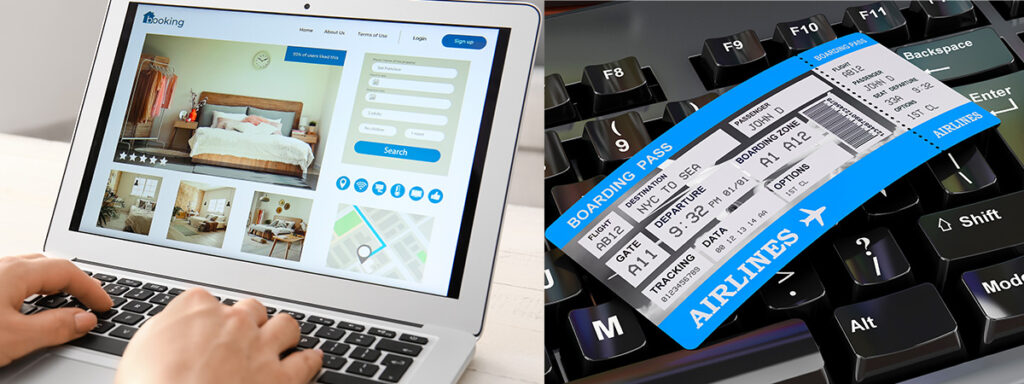
Book flights
Compare and purchase flight tickets
When planning your trip to Japan, it's advisable to start by researching flights several months in advance. Airlines often release promotional fares, especially during off-peak seasons. Use comparison sites like Skyscanner or KAYAK to get a sense of the price range. Be flexible with your travel dates if possible; flying mid-week might be cheaper than on weekends.
>> Visit Skyscanner's official website
>> Visit KAYAK's official website
Order Japan Rail Passes for each family member
Purchase your Japan Rail Pass before departure
The Japan Rail (JR) Pass offers unlimited travel on JR trains, making it a cost-effective option for tourists. However, it's only available to foreign tourists and must be purchased *before* you arrive in Japan. Determine the areas you plan to visit; if you're traveling extensively, a nationwide pass is beneficial, but if you're only exploring a specific region, consider regional JR passes. Children under 12 get a discounted pass, so ensure you order the correct type for each family member.
>>Visit Japan Rail Pass's website
Plan your attire for Japan
Check the weather at your destination on this site
Japanese weather varies significantly by season. In summer, it's hot and humid, so breathable clothes are essential. Winters, especially in the north, can be cold, requiring warm attire. If visiting during the rainy season (June to early July), pack a good umbrella and waterproof shoes. While Japan is generally casual, certain places like temples, shrines, or upscale restaurants may require modest and neat dressing.
Reserve a pocket Wi-Fi or SIM card
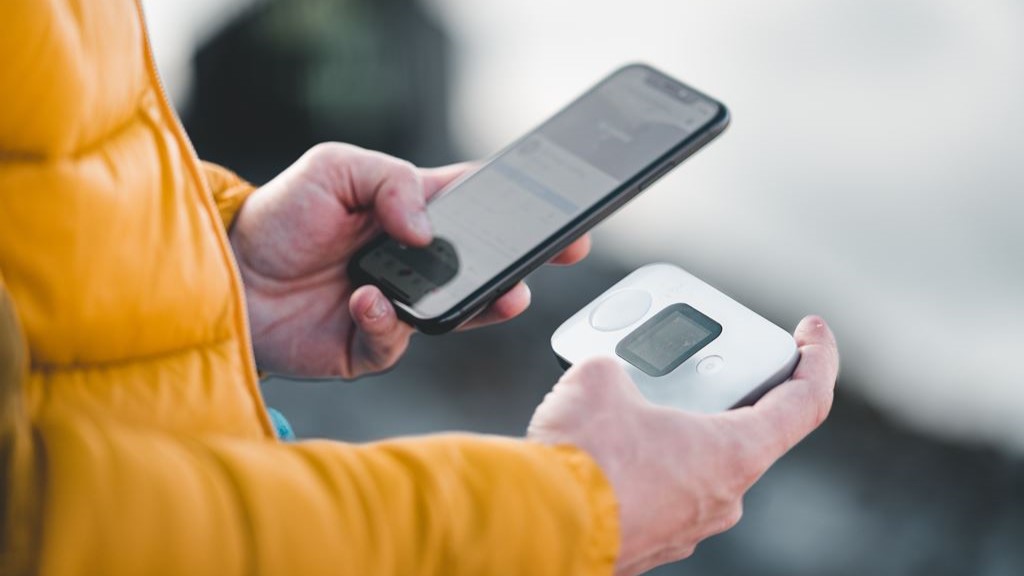
SIM card or pocket Wi-Fi is required
Beyond clothes, consider packing essentials like a universal power adapter (Japan uses Type A and B sockets), portable Wi-Fi or SIM card for internet access, and any necessary medications (with a copy of the prescription).
Which is better: a SIM card or pocket Wi-Fi?
When traveling in Japan, one essential to consider is securing internet access, especially given that many locations still don't offer free Wi-Fi. To ensure you can use your smartphone throughout your trip, you'll typically have three options: (1) a SIM card, (2) pocket Wi-Fi, or (3) the roaming service provided by your mobile company. Roaming services can be quite expensive, so we often recommend using a SIM card or pocket Wi-Fi. While SIM cards tend to be more affordable than pocket Wi-Fi, they can be trickier to set up. Pocket Wi-Fi, on the other hand, can be shared among several users, making it a favorable choice for families or groups.
▼SIM card
Advantages:
Relatively affordable.
Disadvantages:
Can be time-consuming to set up initially.
May have strict data limits.
▼Pocket Wi-Fi
Advantages:
Offers substantial data allowances.
A single device can be shared among multiple users.
Easily usable with PCs as well.
Disadvantages:
Typically more expensive.
Japan's representative services
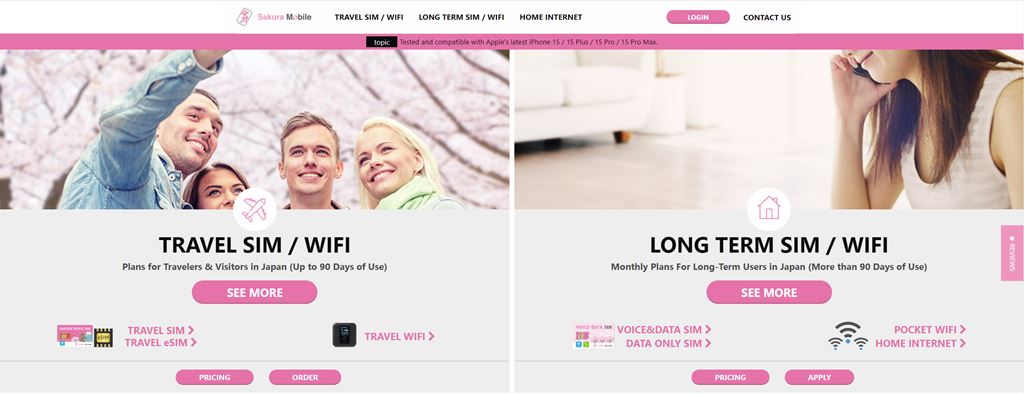
Sakura Mobile's website
▼SIM card
>>Visit Sakura Mobile's official website
>>Visit mobal's official website
▼pocket Wi-Fi
>>Visit Sakura Mobile's official website
>>Visit NINJA WiFi's official website
>>Visit Wi-Fi RENTAL Store's official website
Book local tours as needed
Pre-book your tour and have a great trip!
Local tours offer deep insights into Japan's culture and heritage. Websites like Viator or GetYourGuide offer a variety of tours, from traditional tea ceremonies to modern pop culture tours in Akihabara. Consider unique experiences like staying with monks on Mt. Koya or taking a cooking class to learn authentic Japanese dishes.
>>Visit Viator's official website
>>Visit GetYourGuide's official website
Purchase advance tickets for popular attractions
Make a reservation to avoid crowds
Attractions like Tokyo Disneyland, Universal Studios Japan, or the Studio Ghibli Museum often have long ticket queues. Buy tickets online in advance to save time. Some attractions also have timed entry, so check the specific time slots available and plan accordingly.
▼Tokyo Disney Resort
>>Visit Tokyo Disney Resort official website
>>Visit Viator's Tokyo Disneyland page
>>Visit Viator's Tokyo DisneySea page
>>Visit GetYourGuide's Tokyo Disneyland page
>>Visit GetYourGuide's Tokyo DisneySea page
▼Universal Studios Japan
>>Visit USJ official website
>>Visit Viator's USJ page
>>Visit GetYourGuide's USJ page
Buy travel insurance

insurance concept, health, life and travel insurance
It is important to be prepared for emergencies
While Japan is a safe country, travel insurance is crucial for unforeseen events like health emergencies, travel disruptions, or lost baggage. Ensure your policy covers medical expenses in Japan, as healthcare, though excellent, can be expensive.
Here we introduce online travel insurance services that are popular worldwide.
World Nomads: An online travel insurance service widely endorsed by travelers worldwide. They offer plans that cover adventurous activities and high-risk sports.
>>Visit World Nomads' official website
AIG Travel Guard: An insurance service available to travelers all over the world. They offer a wide range of options, including cancellation protection and emergency medical insurance.
>>Visit AIG Travel Guard's official website
Share your itinerary with emergency contacts
Organize your reservation information
Keep a digital and printed copy of your detailed itinerary, including hotel addresses, train schedules, and booked tours. Share this with a trusted family member or friend not traveling with you.

